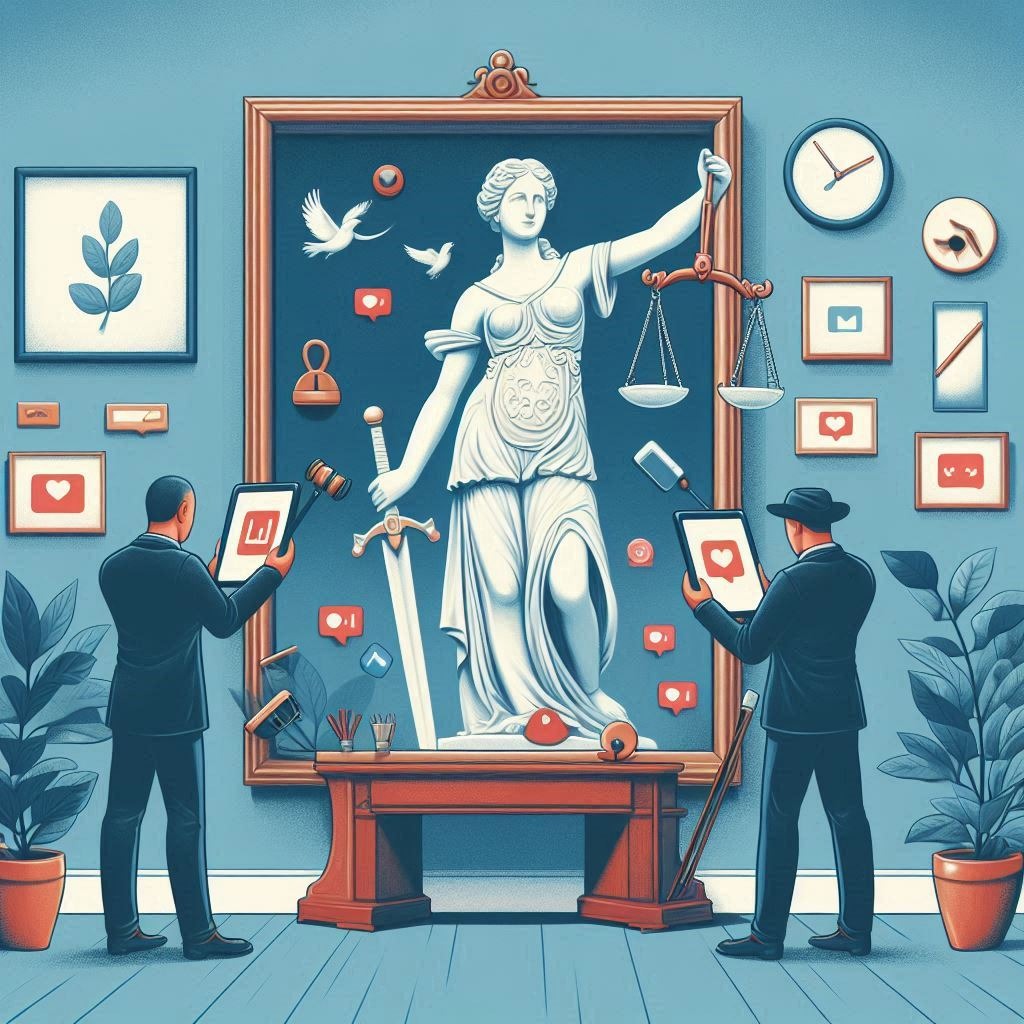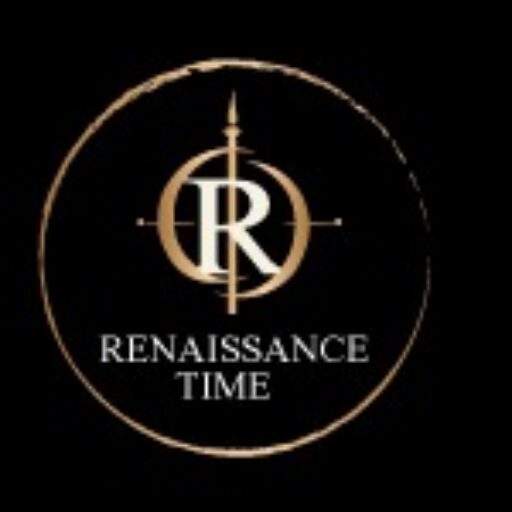
How to Legally Share Art on Social Media. Laws and Rules
Is it Illegal to Use an Artist’s Artwork Without Giving Credit on Social Media?
Social media platforms are now an effective means of sharing, marketing, and consuming art in the current digital era. But the ease with which content may be shared online asks important moral and legal issues, particularly when it comes to appropriating an artist’s work without giving due credit. It’s possible that a large number of people and companies are ignorant of the legal implications of utilizing artwork without the original creator’s consent or acknowledgment. This article explores the legalities of using an artist’s work on social media, including how to share art on social media platforms lawfully, the nuances of copyright law, and the significance of giving attribution.
an effective means of sharing, marketing, and consuming art in the current digital era. But the ease with which content may be shared online asks important moral and legal issues, particularly when it comes to appropriating an artist’s work without giving due credit. It’s possible that a large number of people and companies are ignorant of the legal implications of utilizing artwork without the original creator’s consent or acknowledgment. This article explores the legalities of using an artist’s work on social media, including how to share art on social media platforms lawfully, the nuances of copyright law, and the significance of giving attribution.
Understanding Copyright in Art
What is Copyright?
Copyright is a form of intellectual property protection that grants the creator of an original work exclusive rights to its use and distribution. In the context of art, copyright law protects various forms of visual art, including paintings, drawings, sculptures, and digital art. The moment an artwork is created and fixed in a tangible medium, the artist automatically holds copyright over it. This means that the artist has the exclusive right to reproduce, distribute, display, or perform the work, as well as the right to create derivative works based on the original.
How Long Does Copyright Last?
The duration of copyright protection varies depending on the jurisdiction, but in general, it lasts for the lifetime of the artist plus an additional 70 years after their death. This period is known as the “term of copyright.” During this time, anyone wishing to use the artwork must obtain permission from the copyright holder, typically the artist or their estate. After the term of copyright expires, the work enters the public domain, meaning it can be freely used without the need for permission or payment.
The Importance of Giving Credit
While giving credit to an artist is not a legal requirement under copyright law, it is an important ethical practice. Crediting the artist acknowledges their creativity and effort and ensures that they receive recognition for their work. Failing to credit an artist, especially when sharing their work on social media, can lead to misunderstandings, reputational damage, and potential legal issues.
Is It Illegal to Use an Artist’s Artwork Without Giving Credit?
Legal Consequences of Copyright Infringement
Using an artist’s work without permission, whether or not credit is given, can constitute copyright infringement. Copyright infringement occurs when someone uses a copyrighted work without the copyright holder’s permission. This includes reproducing, distributing, or publicly displaying the work. Even if you give credit to the artist, you may still be infringing on their copyright if you do not have the proper authorization to use the work.
In the case of social media, sharing an artist’s work without permission could result in the removal of the content, suspension of your account, or legal action from the copyright holder. The artist may also be entitled to seek damages, including any profits you may have made from the unauthorized use of their work.
Moral Rights and Attribution
In addition to copyright, some jurisdictions recognize moral rights, which protect the personal and reputational interests of the artist. Moral rights include the right of attribution, meaning the artist has the right to be credited for their work, and the right to object to derogatory treatment of their work. Even if an artist grants permission to use their work, they may still retain moral rights, and failure to credit them could be considered a violation of those rights.
Fair Use and Social Media
Fair use is a legal doctrine that allows limited use of copyrighted material without the need for permission from the copyright holder. However, fair use is a complex and often misunderstood concept. In the context of art, fair use may apply if the work is used for purposes such as criticism, commentary, news reporting, education, or research. The determination of whether a use is “fair” depends on several factors, including the purpose and character of the use, the nature of the copyrighted work, the amount of the work used, and the effect of the use on the market for the original work.
It is important to note that fair use is not a blanket exemption, and using an artist’s work on social media without permission may not necessarily qualify as fair use. Each case must be evaluated individually, and the safest course of action is to obtain permission from the copyright holder before sharing their work.
How to Legally Share Art on Social Media
Obtaining Permission from the Artist
The most straightforward way to legally share an artist’s work on social media is to obtain their permission. This can be done by contacting the artist directly and asking for their consent to share their work. When seeking permission, be clear about how you intend to use the work, whether you plan to make any modifications, and whether you will be using it for commercial purposes. The artist may grant you a license to use their work, which could be subject to certain conditions, such as giving proper credit or paying a licensing fee.
Using Art in the Public Domain
If an artwork is in the public domain, it means that it is no longer protected by copyright, and you are free to use it without permission or payment. Works typically enter the public domain when the copyright term has expired, or the copyright holder has explicitly waived their rights. When using public domain works, it is still good practice to credit the original artist, especially if their identity is known.
Creative Commons Licenses
Some artists choose to license their work under a Creative Commons (CC) license, which allows others to use their work under specific conditions. There are different types of CC licenses, ranging from those that allow free use with no restrictions to those that require attribution or prohibit commercial use. When using artwork under a CC license, be sure to follow the terms of the license, including giving proper credit to the artist.
Sharing Art You Created
If you are sharing art that you created, you have full control over how it is used on social media. However, if your work is based on or incorporates elements of another artist’s work, you may need to obtain permission from the original artist or ensure that your use falls under fair use or another legal exemption.
if you looking for a painting with copyright click here.
Conclusion: Respecting Artists’ Rights on Social Media
Sharing art on social media is a great way to celebrate creativity and connect with others who appreciate visual art. However, it is crucial to respect the rights of artists by understanding and adhering to copyright law. Whether you are an individual or a business, taking the time to obtain permission, give proper credit, and follow the legal guidelines for sharing art will help you avoid legal complications and foster a respectful and ethical online community.
